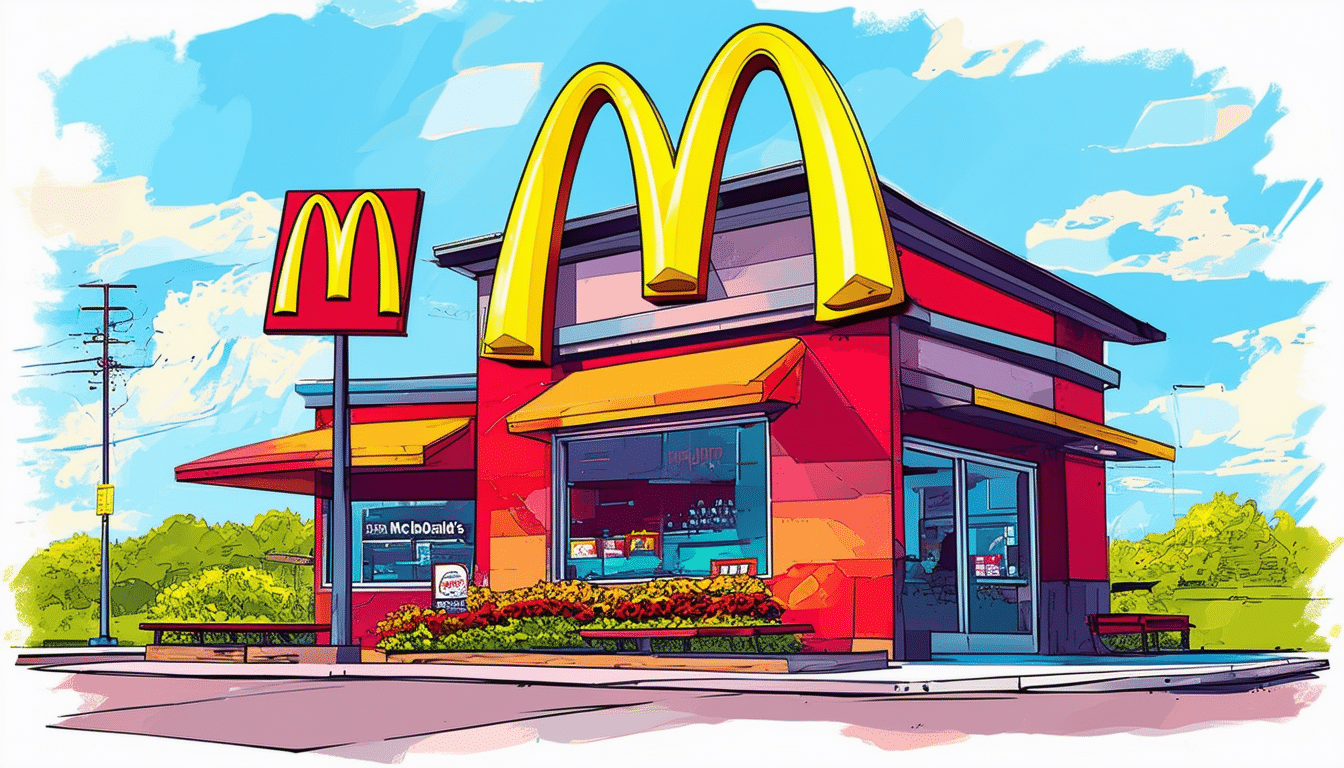The mystery of the absence of McDonald’s in Corsica
France, one of the countries with the most McDonald’s restaurants in the world, has an extensive network of these fast food restaurants appreciated by locals and tourists alike. However, there is one French region where the American burger giant has not set foot: the island of Corsica. Although this destination attracts millions of visitors each year, people look in vain for a Big Mac. Several factors explain this notable absence, and they deserve further examination.
A question of logistics and costs
Corsica, with its status as a Mediterranean island, poses unique challenges in terms of logistics. For a company like McDonald’s, this means that supplying its restaurants would require a logistical effort and would cost considerably more compared to its other establishments in mainland France. Product costs could increase by around 30%, making fast food less competitive with local alternatives or other already established chains that have adapted their infrastructure to the island environment.
Unfavorable demographics
In addition to logistical challenges, the year-round population of Corsica is relatively low compared to other French regions. McDonald’s tends to locate in areas where population density ensures a constant flow of customers. In Corsica, although tourism is thriving, it is seasonal, which might not be enough to justify a year-round presence for a chain the size of McDonald’s.
A strong attachment to the local culinary heritage
Corsica is famous for its rich and varied cuisine, which takes advantage of local products such as cheese, cold cuts and meats. The Corsicans, very attached to their gastronomic heritage, could take a dim view of the introduction of an American fast food chain. Indeed, despite the presence of other fast food brands, the local market could be perceived as already saturated or unsuitable for a giant such as McDonald’s.
Political and cultural factors
Finally, the reasons for the absence of McDonald’s in Corsica may also be partly cultural and political. The island has a strong identity and its inhabitants are keen to preserve their culture and traditions. The resistance to cultural homogenization carried by global brands is palpable. Successful companies in Corsica are those that respect and promote this unique identity.
In conclusion, the absence of McDonald’s in Corsica results from a complex mix of logistical, economic, social and cultural factors. For now, the island seems to favor its own culinary traditions and cultural independence, making it an exception in the globalized fast food landscape.









